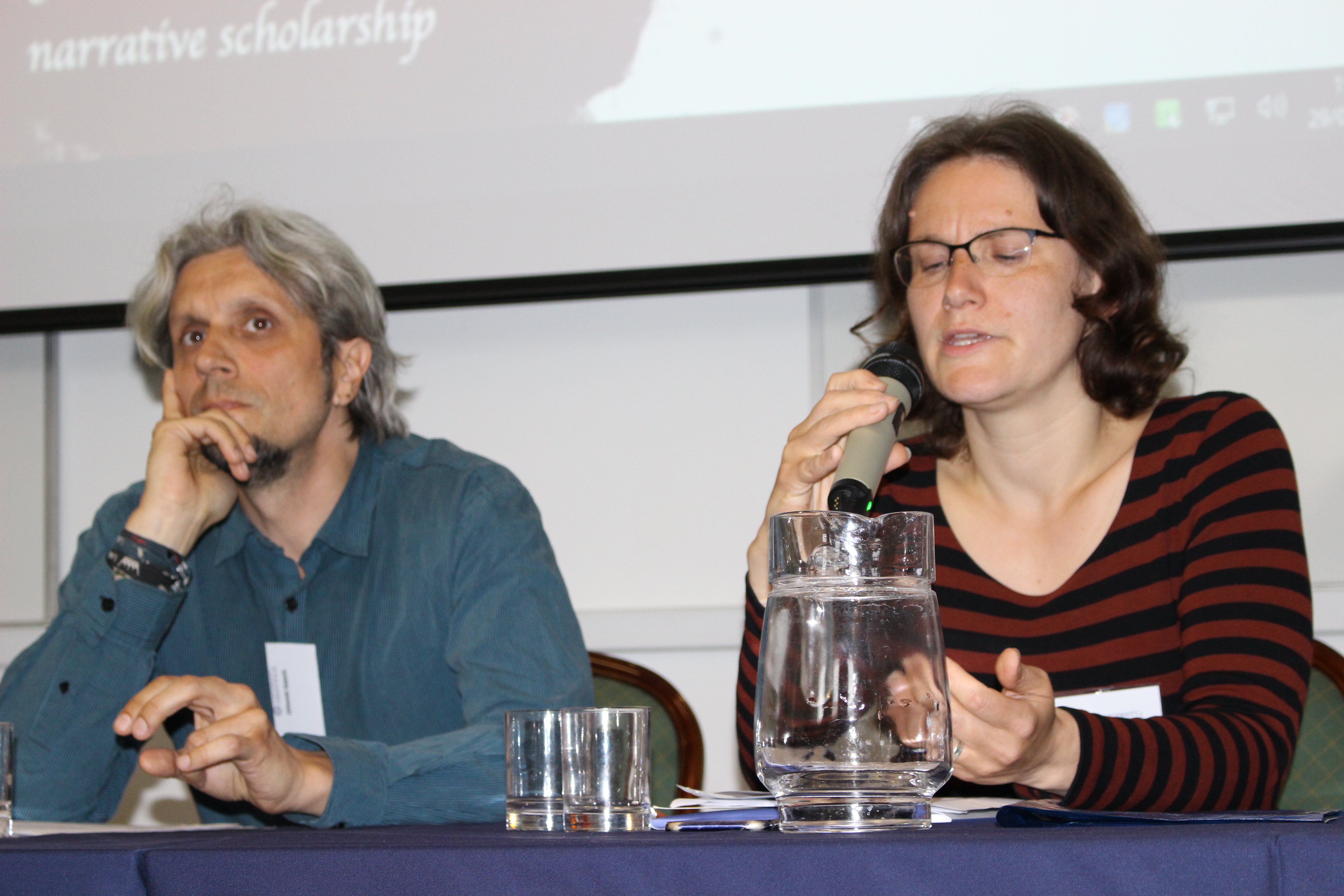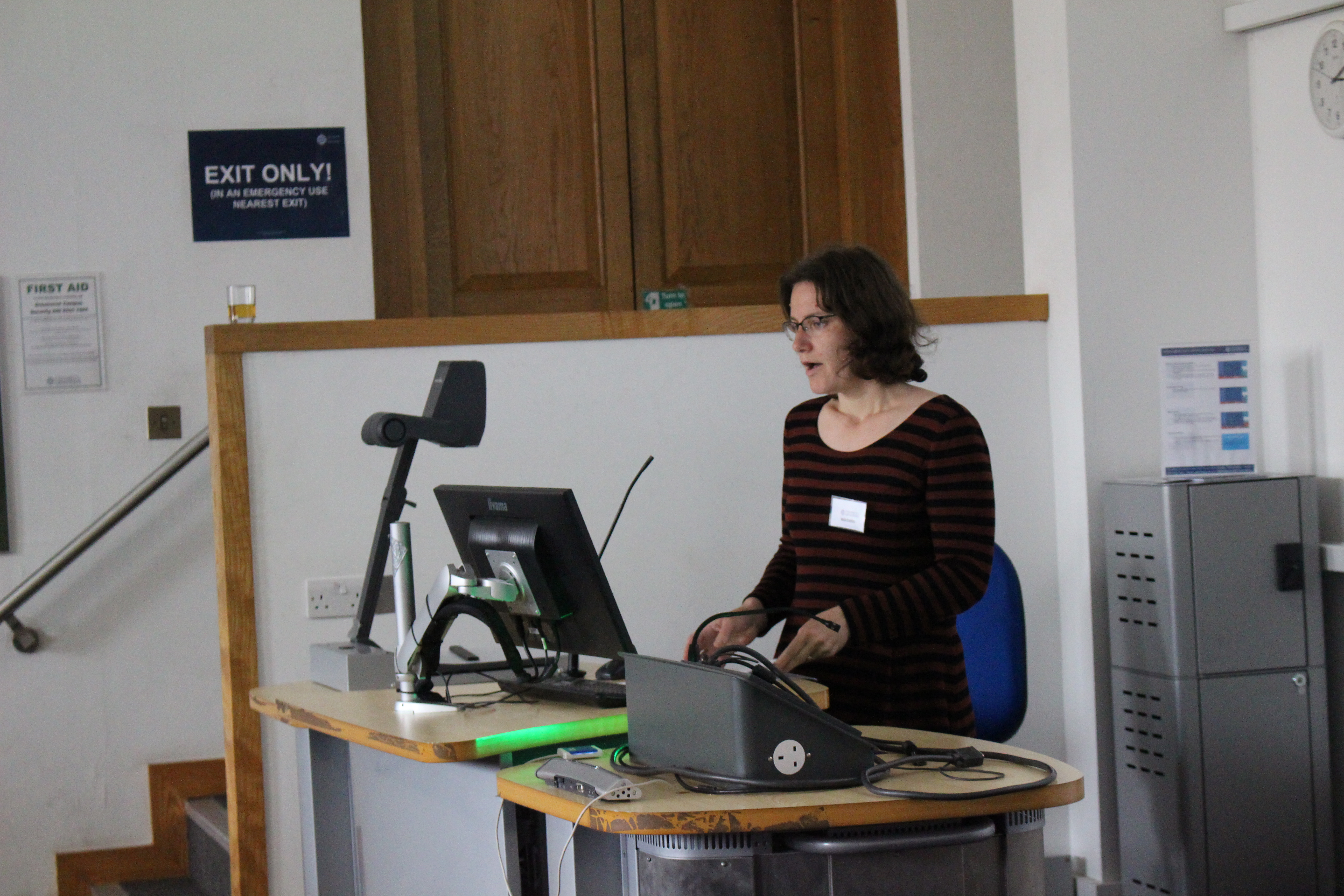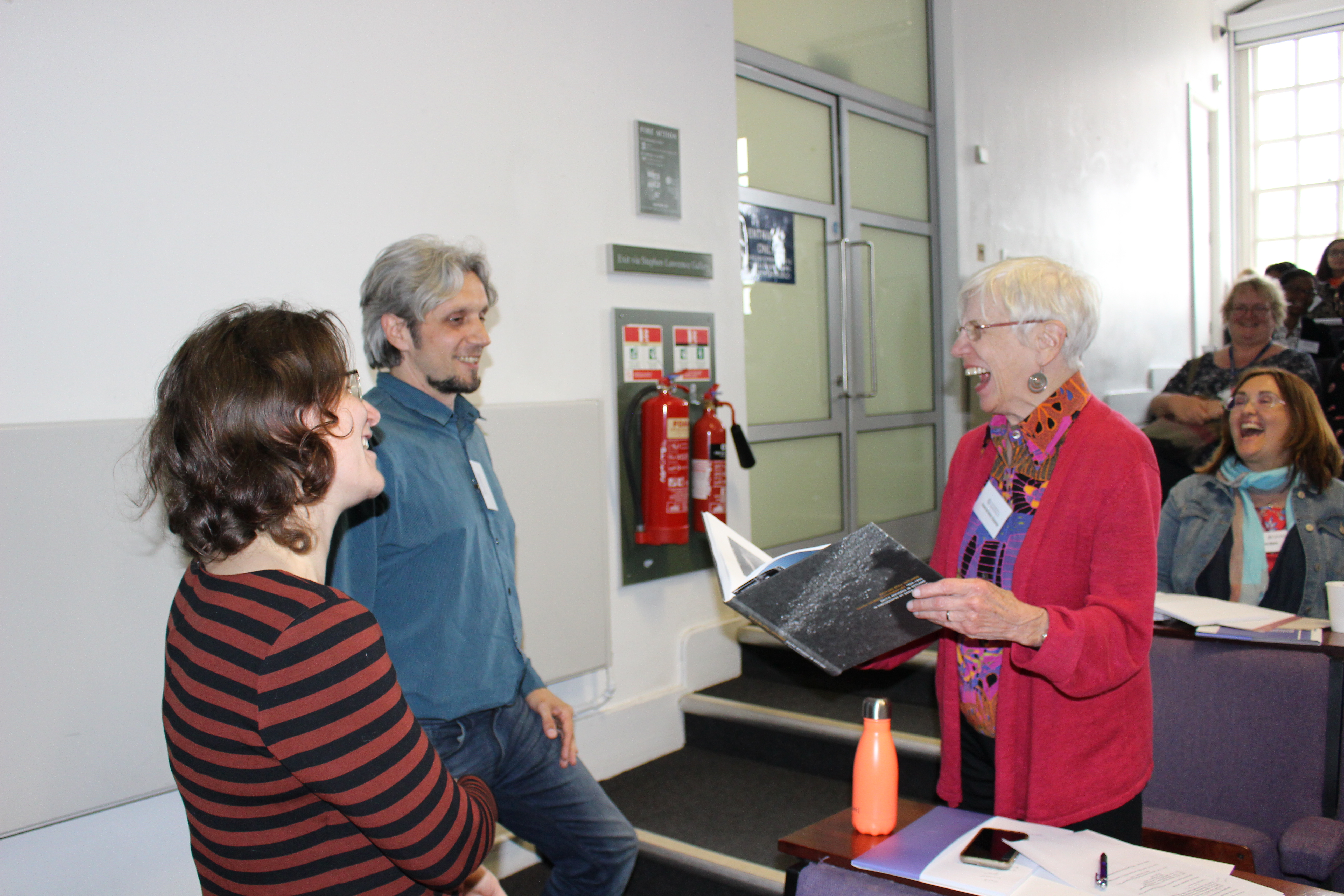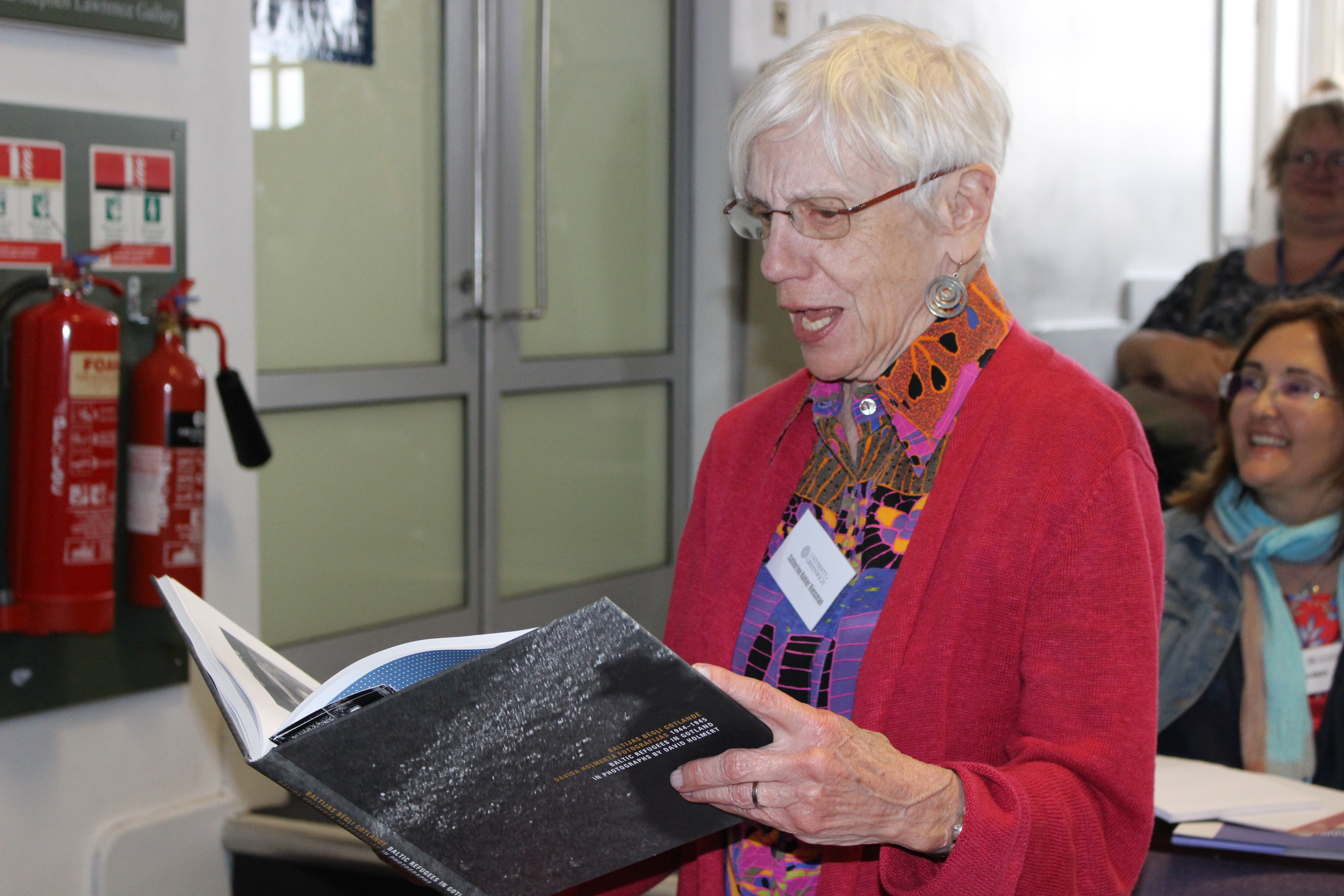Abstract
In the end of World War II, when Soviet troops approached Latvian territory for the second time, approximately 250 thousand people left their homes and became refugees, later – exiles who never returned to their homeland. The purpose of the proposed paper is to look at the ways how it is possible to use narrative research and methodology in analyzing life-story interviews with these Latvian exiles. Special attention will be paid to the narratives of escape (home leaving and leaving Latvian territory) which marked the harsh rupture between peace and harmony from before and the instability and uncertainty of the future. The analysis is based on the life-story interviews of the Latvian National Oral History Archive. https://drive.google.com/file/d/1ZvQXPquz2JKPbh2B4xBwwE1XAajlcHQX/view
Rīkotāji - Centre for Work and Employment, The University of Greenwich/ Centre for Narrative Research, University of East London / Feminist Research Group, University of East London / Thomas Coram Research Unit, UCL Institute of Education

 Maija Krūmiņa un Edmunds Šūpulis dāvina Katrīnai K.Rīsmanei albumu «Baltijas bēgļi Gotlandē Dāvida Holmerta fotogrāfijās: 1944–1945».
Maija Krūmiņa un Edmunds Šūpulis dāvina Katrīnai K.Rīsmanei albumu «Baltijas bēgļi Gotlandē Dāvida Holmerta fotogrāfijās: 1944–1945».

